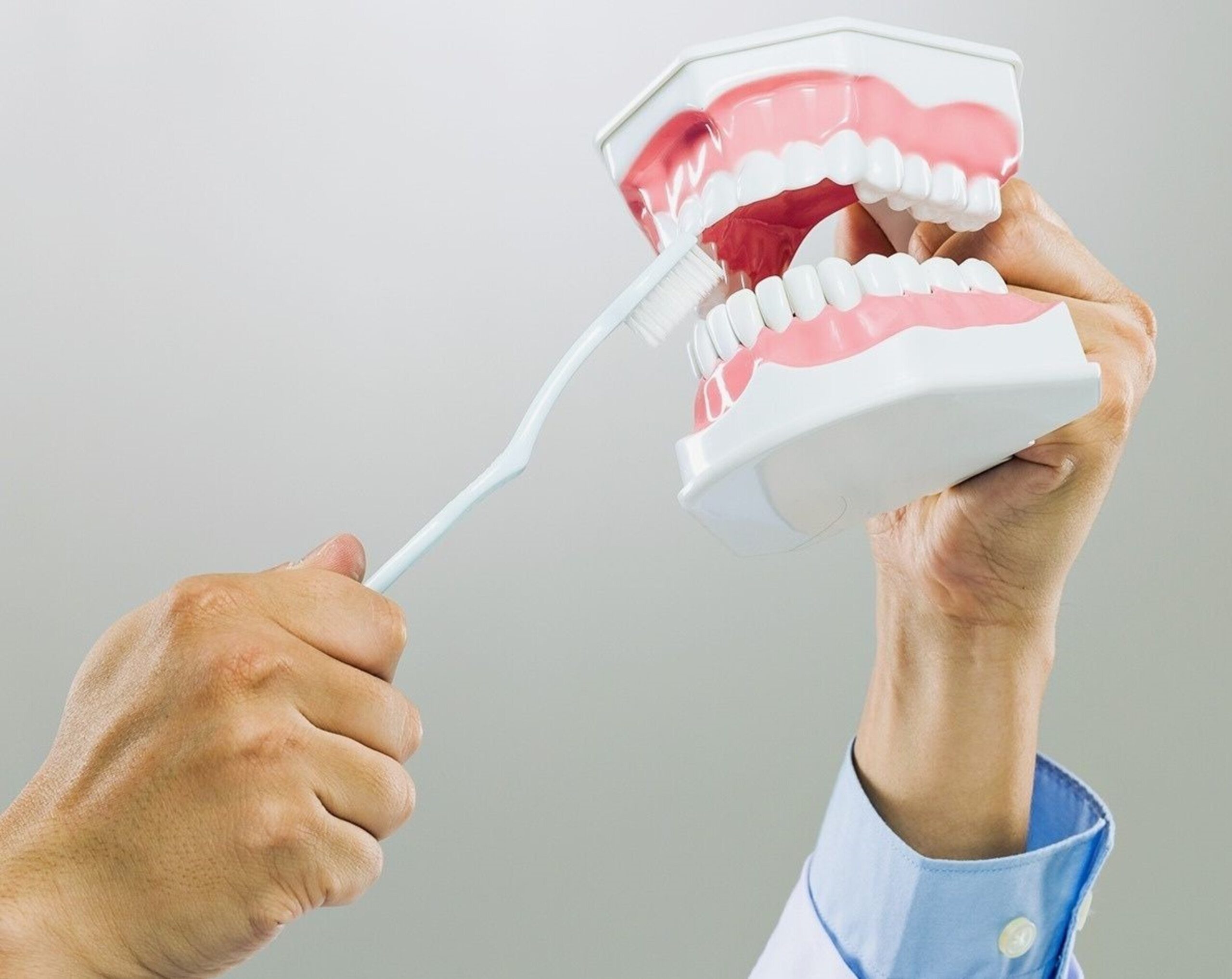If you wear dentures, you know how cumbersome cleaning them can be. But cleanliness is of utmost importance when it comes to dentures as it has direct contact with your mouth and saliva. That’s why it’s so important to have the right kind of equipment to ensure a thorough cleaning.
With that said it can be difficult to know the best routine to ensure that your dentures stay in top condition and remain hygienic for years to come. Let’s review some best practices!
Before cleaning the dentures, use warm water to remove loose particles and food. The use of warm water to remove loose particles and food from dentures is important for keeping the dentures in good working order. Heat helps soften and loosen particles, making them easier to remove and clean, and also has antiseptic properties which help kill bacteria on the surface of the dentures, reducing gum irritation and odor. Additionally, warm water helps reduce the risk of scratching or chipping the dentures, which could lead to further damage and discomfort.
Brush the dentures with a soft-bristled toothbrush. A soft-bristled toothbrush is gentler on the surface of dentures than a medium or hard-bristled brush, and it also prevents abrasion and scratching which can weaken the denture’s material. Soft-bristled toothbrushes are also gentle enough for use on delicate gums and can help reduce bad bacteria.
Use a nonabrasive toothpaste such as a paste or cream. It is important to use nonabrasive toothpaste on dentures because abrasives can scratch and damage dentures, which can be difficult and expensive to repair. Abrasive particles in toothpaste can also cause denture breakage by weakening the bonds between the acrylic layers. Nonabrasive toothpaste is usually made from natural ingredients and is specifically designed to clean without scratching. Additionally, nonabrasive toothpaste is faster acting than regular toothpaste, which can help clean dentures faster and more effectively.
Soak your dentures for 10-15 minutes every day. Soaking your dentures is essential to maintain their shape and health. When dentures are not soaked, they can dry out and become brittle. This puts you at risk for cracks, chips, and damage to the material. It also gives the jaw bones time to relax and prevents bacteria from settling into difficult-to-clean places. Additionally, soaking dentures will help remove calcium, plaque, and tartar deposits which are all harmful to oral health.
Use a specialized cleaning tablet that has been specifically designed for dentures.
Specialized cleaning tablets are formulated with special ingredients to break down and dissolve plaque, food particles, and even odors which can lead to stains, discolorations, and erosion of the denture itself. Furthermore, the tablets help ensure that any jointed parts of your dentures stay secure and flexible, reducing the likelihood of breakage or cracking.
Rinse them before sleeping.
When you sleep with your dentures in, bacteria and food particles can get stuck on them, leading to bad breath, tooth decay, and gum disease. Additionally, denture irritation caused by any remaining food deposits or bacteria can make it uncomfortable to wear the dentures overnight. Soaking your dentures overnight helps keep them clean and reduces the chance of infections or irritation on the gums.
It’s important for those who wear dentures to be aware of industry updates to keep them in great condition for years to come. A great way to stay informed is to find established dental practices that offer frequent updates and resources to help their patients. For example, Eurodenture’s FAQ page is a great resource for boosting your denture care know-how. Over the last 20 years, thousands of patients have trusted European Denture Center for their dental care needs. Plus, since 2000, Stomadent Dental Laboratory has been a reliable partner to hundreds of dental practices and dental labs throughout the United States, and they regularly update their blog with informative articles on the latest in denture care.
Your dentures impact how your mouth feels, tastes, and smells. By taking the time to establish a strong cleaning routine, you can protect your investment, maintain better oral hygiene, and have a healthier smile in the long run!




